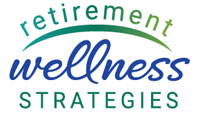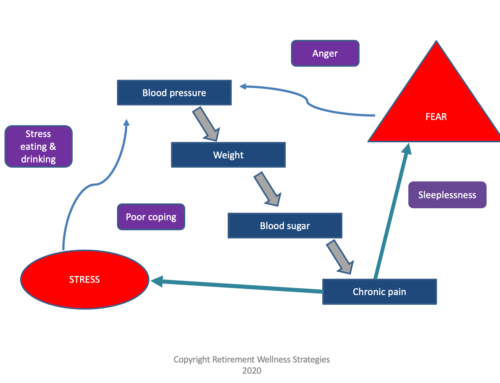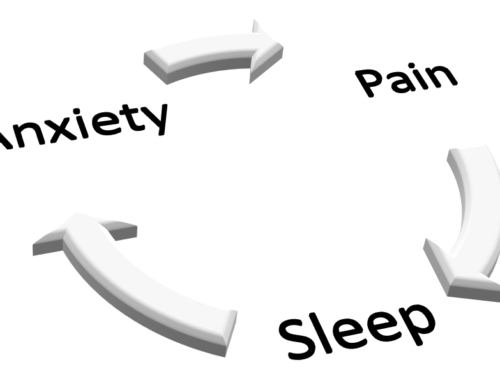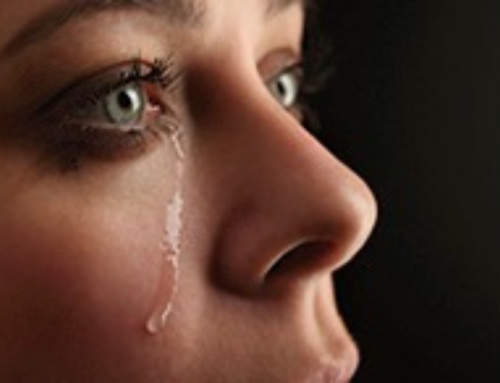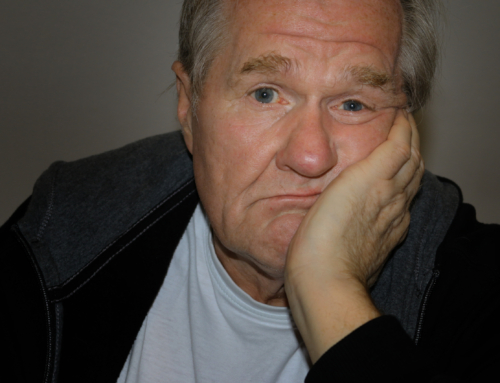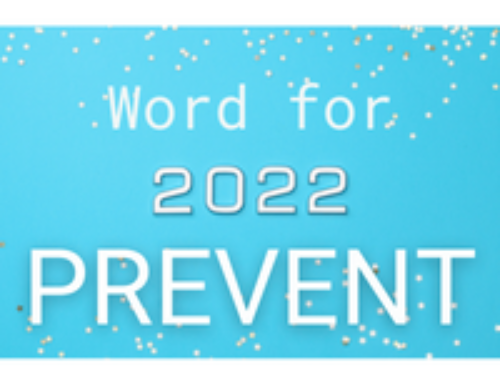Emergencies – we have had many in the past two weeks. Hurricanes Harvey, Irma, Jose, and a major earthquake. Millions of people evacuated while millions more ‘weathered out’ the storm in shelters and secure buildings. In all of those scenarios, daily life was drastically altered.
When you take chronic medications, they are a part of your daily routine. When that routine is upset, medications can be missed. Or, in the excitement, they can be taken more than once.
In emergencies, you might forget to grab them as you evacuate. Or, the emergency can take place right as you are taking your last dose. Then what?
Preparing for Emergencies
The Federal Emergency Management Agency (FEMA) has a program called Ready. You can find it at www.ready.gov. One of the many valuable resources is a list of items to include in an Emergency Supply Kit. You can get the full list here. The items that I want to emphasize are:
- Prescription medications – at least 3 days; more depending on the emergency
- Include inhalers, eye drops, and patches
- Include the medications you only take when you need them
- Include any ‘just in case’ medications such as an epinephrine injectable or migraine therapy injectable if one has been prescribed for you
- Supplies such as syringes for insulin
- Glasses
- Take your glasses even if you usually wear contacts
- Take the supplies for your contacts
- Take your reading glasses if you just wear those as needed
- Feminine supplies
- Urinary incontinence supplies
- Ambulation devices – such as a cane
- Sturdy shoes – you might be in a situation where you are not walking on an even surface
- Hand sanitizer
- Warm, dry change of clothes and a blanket (in a water proof bag if in wet conditions)
- Written list of:
- medications
- allergies, including what happens if you take that medication or eat that food
- medical conditions
The available lists provide step-by-step guidance on what and how to prepare for emergencies. There is another good one available through the Centers for Disease Control found here. Note, if you live in an area where natural events such as hurricanes, tornadoes, blizzards, or wildfires are not uncommon, it will help to pack these emergency kits before the danger season. You will save yourself tremendous time and stress.
Prescription Medications
I have one more important fact about your prescriptions and associated medical supplies to share. When the threat of the emergency is known ahead of time, and you are nearly out of medication, make getting your refills a priority. You will not be alone trying to get more medication. Your pharmacist and their staff will appreciate the advanced notice. You will save yourself a lot of time and frustration waiting in long lines to get medication when you need to be doing so many other things to prepare. In the high-risk seasons, be extra vigilant about dwindling medication supplies.
I do want to share that I hear heroic stories of pharmacists, physicians, nurses, and others assuring their patients have what they need in the worst of circumstances. I am grateful for such dedication!
For more information about emergency preparedness, contact us at www.medsmash.com/contact.
For further application, check out my personal blog.
Image source: www.ready.gov
